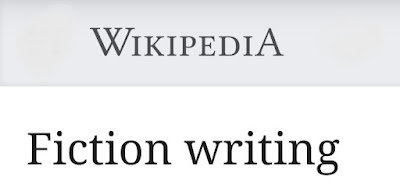The Ability to Create Life with Words
by
Flannery O'Connor
I still suspect that most people start out with some kind of ability to tell a story but that it gets lost along the way. Of course, the ability to create life with words is essentially a gift. If you have it in the first place, you can develop it; if you don't have it, you might as well forget it.
But I have found that people who don't have it are frequently the ones hell-bent on writing stories. I'm sure anyway that they are the ones who write the books and the magazine articles on how-to-write-short-stories. I have a friend who is taking a correspondence course in this subject, and she has passed a few of the chapter headings on to me—such as, "The Story Formula for Writers," "How to Create Characters," "Let's Plot!" This form of corruption is costing her twenty-seven dollars.
Buy Flannery O'Connor Books at Amazon
About the Author
Flannery O'Connor was born in Savannah, Georgia, in 1925. When she died at the age of thirty-nine, America lost one of its most gifted writers at the height of her powers. O’Connor wrote two novels, Wise Blood (1952) and The Violent Bear It Away (1960), and two story collections, A Good Man Is Hard to Find (1955) and Everything That Rises Must Converge (1964). Her Complete Stories, published posthumously in 1972, won the National Book Award that year, and in a 2009 online poll it was voted as the best book to have won the award in the contest’s 60-year history. Her essays were published in Mystery and Manners (1969) and her letters in The Habit of Being (1979). In 1988 the Library of America published her Collected Works; she was the first postwar writer to be so honored. O’Connor was educated at the Georgia State College for Women, studied writing at the Iowa Writers’ Workshop, and wrote much of Wise Blood at the Yaddo artists’ colony in upstate New York. She lived most of her adult life on her family’s ancestral farm, Andalusia, outside Milledgeville, Georgia.


.jpg)


.jpg)